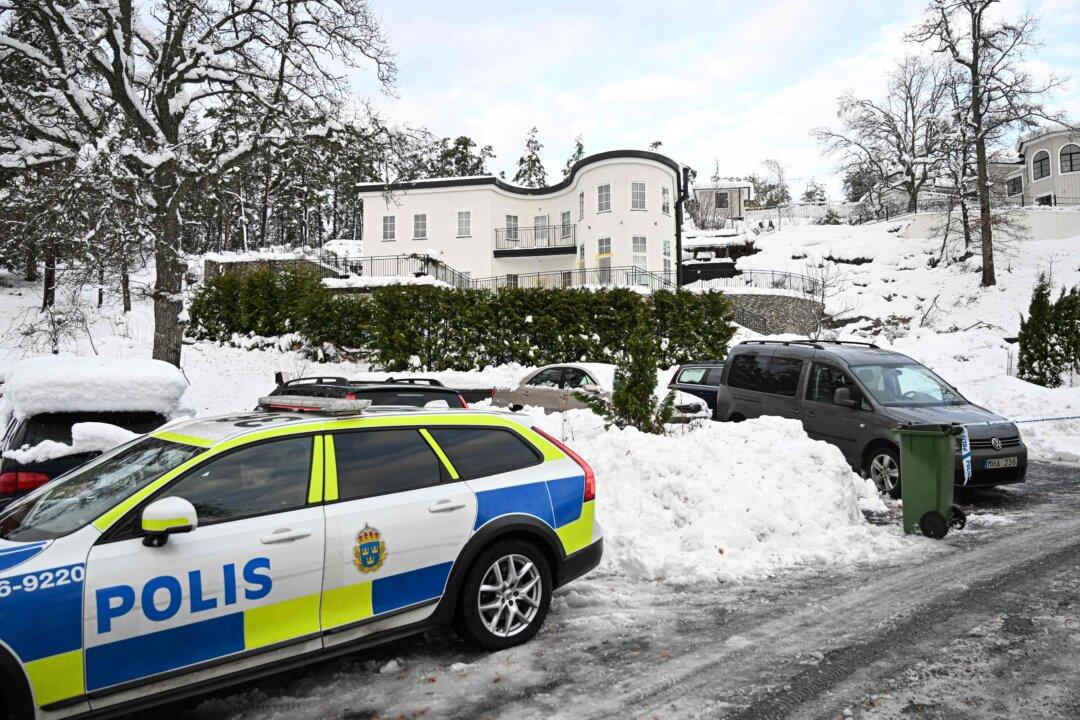COPENHAGEN, Denmark—Two Iranian-born Swedish brothers were given lengthy prison sentences on Thursday for spying for Russia and its military intelligence service GRU for a decade in the Scandinavian country’s biggest espionage case in decades.
The oldest of the two naturalized Swedes—Peyman Kia—was sentenced to life, while his younger brother, Payam Kia, was sentence to nine years and 10 months. They had appeared before the Stockholm District Court where they faced charges of gross espionage for having worked jointly to pass information to Russia between Sept. 28, 2011, and Sept. 20, 2021.





